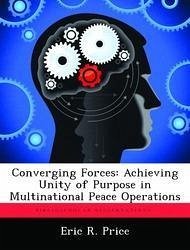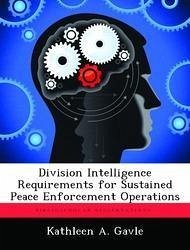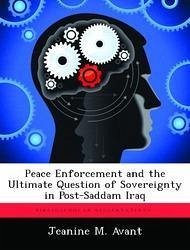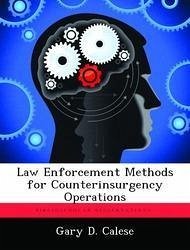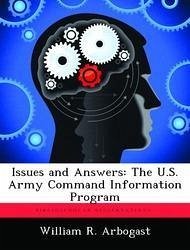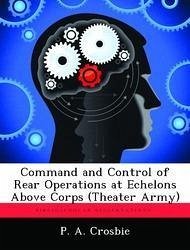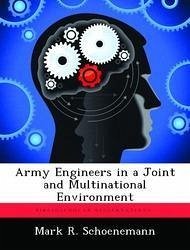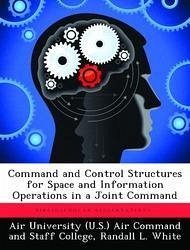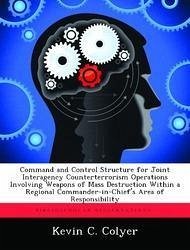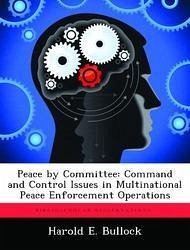
Peace by Committee: Command and Control Issues in Multinational Peace Enforcement Operations
Versandkostenfrei!
Versandfertig in über 4 Wochen
52,99 €
inkl. MwSt.

PAYBACK Punkte
26 °P sammeln!
The United States has been involved in peace enforcement operations for many years. In that time we have learned some lessons. Unfortunately, we continue to repeat many of the same mistakes. Sometimes we have forgotten hard-learned lessons, and some times we never learned from our earlier experiences. The Dominican Republic deployment of 1965-66 and recent experiences under the Unified Task Force, Somalia (UNITAF) and United Nations Operations, Somalia II (UNOSOM II) are representative peace enforcement operations. This paper will examine which lessons we learned from these operations, which l...
The United States has been involved in peace enforcement operations for many years. In that time we have learned some lessons. Unfortunately, we continue to repeat many of the same mistakes. Sometimes we have forgotten hard-learned lessons, and some times we never learned from our earlier experiences. The Dominican Republic deployment of 1965-66 and recent experiences under the Unified Task Force, Somalia (UNITAF) and United Nations Operations, Somalia II (UNOSOM II) are representative peace enforcement operations. This paper will examine which lessons we learned from these operations, which lessons we learned and lost, and which lessons we seemingly ignored. Focusing on command and control, the issues can be loosely grouped into categories of force and command structure, political impacts, and interoperability. In force and command structure, the US has still not come to grips with the difficulties of operating in a multinational coalition under international (e.g. UN) control. The problems of dual lines of control and Byzantine command structures plagued both the Dominican and Somalia operations. The ability to integrate humanitarian relief and nation-building forces effectively into the overall structure seems to have deteriorated rather than improved. Stand-by, earmarked forces, combined exercises (including non-military agencies), and stronger civil-military integration cells could help mitigate difficulties, but need to be pursued more vigorously. Within the area of political impacts on peace enforcement operations, the subject of prisoners is still a difficult area with little progress in the last 25 years. Nations have also continued to place political constraints on their forces limiting them both geographically and operationally. In both cases, these problems can not be eliminated, but must be compensated for. Rules of en-gagement also affect operations, and some progress has been made in this area.



